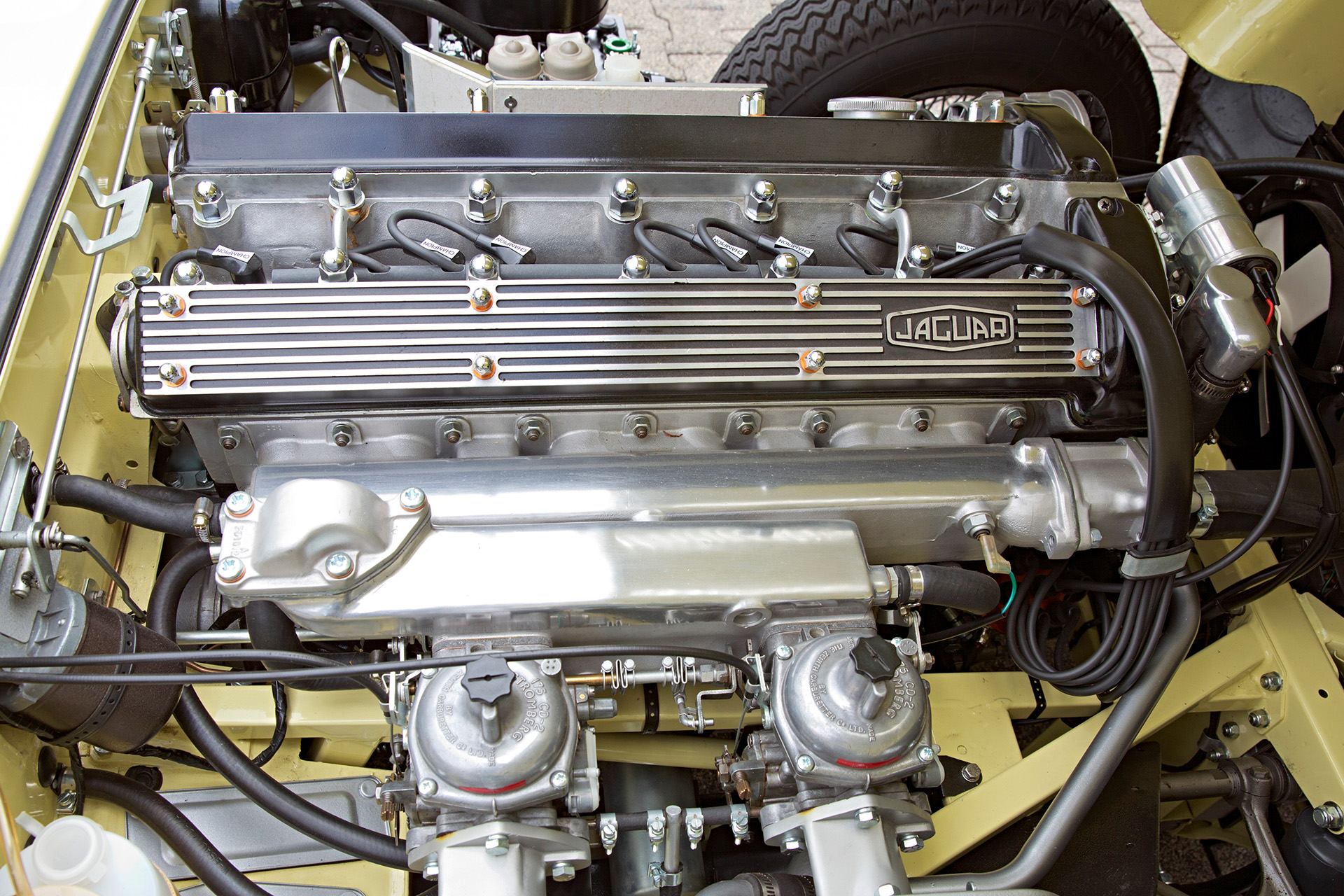Fuel additives for classic cars: Useful or a waste of money?
The operation of classic vehicles in particular can be simplified by an intelligent selection of fuel additives. In this way, owners can take advantage of the achievements of modern chemistry in an adapted form. Here you can read things worth knowing about petrol additives and other additives and you will also find some suggestions for high-quality fuel additives.

Poste : Ventes
Mise à jour : 25.10.2023

What exactly are additives?
- Fuel additives
- Oil additives
- Motor oil additives
- Transmission and differential oil additives
- Coolant additives
Fuel additives
Nobody fills up with pure petrol or pure diesel - it always contains substances that have been added later, which, for example, help protect the engine or improve ignition quality. An example that everyone knows is winter diesel: Here, additives are added to the diesel fuel that keep it flowing even at low temperatures.
Even a standard states the addition of additives: In order to comply with the DIN standard for German fuel quality (DIN 228 petrol, DIN 590 diesel), the fuel must eight to 13 different additivescan be added. So far so good.
What tasks can gasoline additives take on?
Additives are diverse and can take on various tasks. Here you will find the most common ones:
- Improving fuel stability
- Protection against corrosion in the fuel system
- Providing lead substitutes
- Increasing the octane number
Does it make any sense at all to add fuel or other additives to your classic when they are already contained in almost every liquid? And do I have to pay attention to anything special in classic vehicles when it comes to additives?
Particularly useful: petrol additive for classic vehicles
Oldtimers are mostly vehicles that are not used all year round. Due to the longer downtimes caused by storing the vehicles over the winter, corrosion in the tank is an issue that should not be underestimated:
On the one hand, condensation forms as a result of "tank breathing", on the other hand, modern fuel precipitates small amounts of water. Then a fuel stabilizer can help to bind moisture. The addition to classic vehicles is therefore expressly recommended.
What exactly do fuel additives do in classic vehicles?
Leaded petrol has not been offered at gas stations since 1996. However, the engine technology of many classic vehicles is dependent on lead in terms of construction. To compensate for the lack of tetraethyl lead and increase anti-knock, additives based on potassium compounds were added to gasoline. They protect the valve seat and allow the fuel to burn cleanly.
A lead replacement additive with an octane booster is recommended, for example, for the operation of demanding classic vehicles with unleaded fuel. This not only reduces wear on engine components such as cylinder liners, pistons and valves, but also the fuel system is kept clean.
Furthermore, such additives as Valvemaster Plus, effective corrosion protection and the petrol additive increases the octane number. This reduces any ringing, knocking and post-ignition of the engine.

Gasoline additive for vintage cars: Yes, but adapted!
A good all-in-one additive, like our Miller's additive VSPe Power Plus makes the selection easier. This environmentally friendly manganese-based lead replacement and octane booster is a real blessing for classic vehicles. It ...
- ... protects the tank and fuel system from corrosion,
- ... prevents the valves from sticking,
- ... increases the octane number of unleaded petrol by up to 2 points,
- ... protects the carburetor from icing,
- ... prevents the engine from running.
Fuel additives are a blessing for classic vehicles
The sense of fuel additives and other additives, such as petrol stabilizers, is not undisputed among car enthusiasts and petrolheads. Some swear by the effectiveness of the additives, others deny the benefits of the additives and describe the additives as disdainful marketing.
One thing, however, is also recognized by opponents of additives: if you get more from the fuel that is available to you expect than it's capable of delivering, you'll need to add the required features. And that is only possible with suitable additives. The two most common areas of application are therefore ...
- the octane booster when traveling to countries with inferior fuel qualities.
- the fuel stabilizer to protect classic vehicles that are only used seasonally and therefore have longer downtimes.